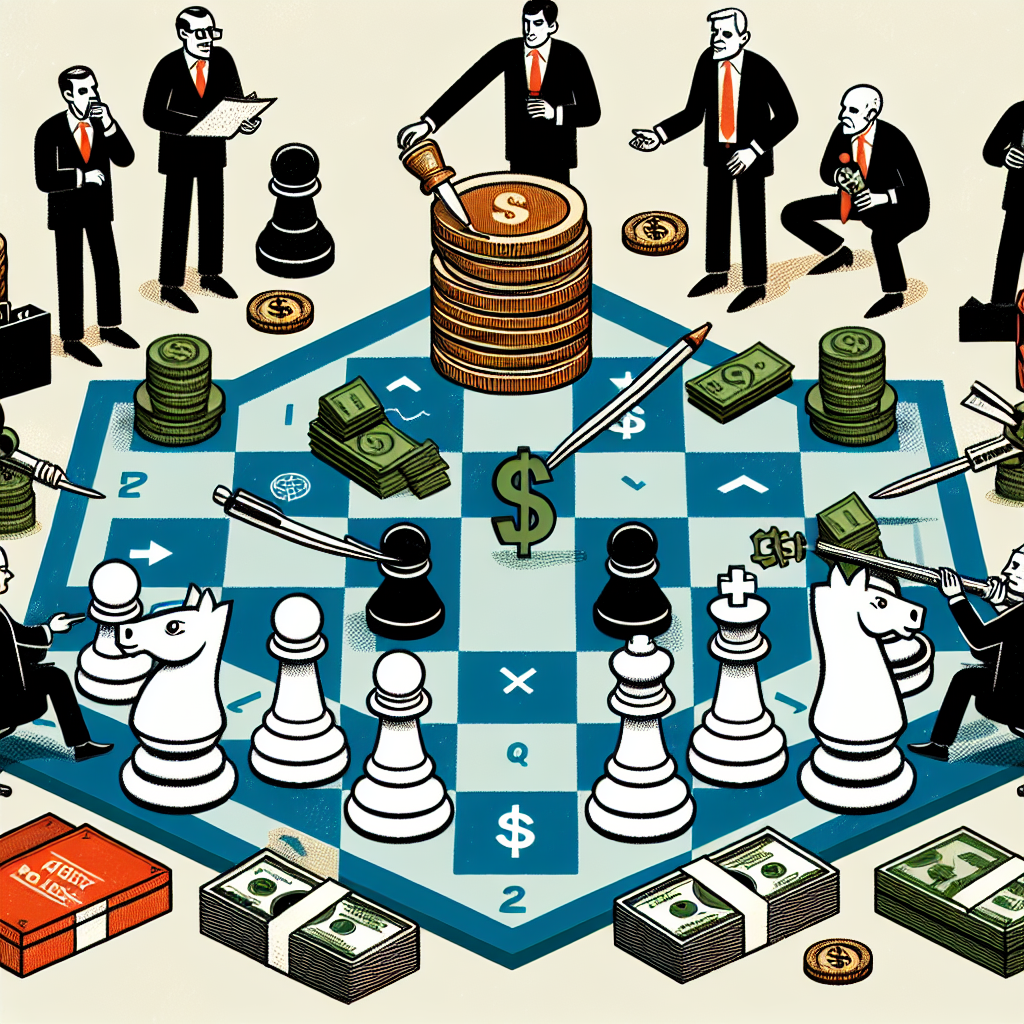During the World Economic Forum in Davos, the presence of Donald Trump loomed large over delegates, showcasing the significant impact the new president had made just days into his second term. Leaders from around the world eagerly awaited his address, with one attendee even joking about getting popcorn for the show.
Trump’s speech was marked by demands and ultimatums aimed at both allies and rivals. He called for Saudi Arabia and other oil producers to cut prices, global central banks to immediately lower interest rates, and foreign companies to increase investments in US factories or face tariffs. The EU was singled out for criticism, with Trump insisting they stop penalizing American tech companies.
Amid a flurry of executive orders, Trump signaled a shift towards aggressive unilateralism, threatening tariffs on Canada and Mexico, imposing levies on China, and pulling out of international agreements like the World Health Organization and the Paris climate accord. He even invoked an obscure provision in the US tax code to double tax rates on foreign entities.
These moves by Trump have raised concerns about a potential economic war as he aims to assert America’s dominance in the global economic order. While some US executives at Davos expressed support for Trump’s agenda, others worry about the implications of his aggressive trade policies.
As global policymakers wait to see how Trump’s transactional approach unfolds, there are concerns about the long-term impact on the global economic system. Trump’s willingness to wield trade as a weapon and his disregard for international norms could have far-reaching consequences.
While some European officials see potential opportunities in the changing economic landscape, there is also apprehension about the impact of escalating trade tensions. China, meanwhile, has positioned itself as a defender of the rules-based order, contrasting with Trump’s confrontational tactics.
Despite the uncertainty surrounding Trump’s intentions, there is a sense of cautious optimism among some investors and policymakers. However, the unpredictability of Trump’s actions has created challenges for businesses, investors, and allies alike.
Ultimately, Trump’s aggressive stance on trade and his disregard for international norms have sparked debate about the future of the global economic system. Whether his approach leads to a breakdown in diplomatic channels or a fundamental shift in economic integration remains to be seen.
As the world grapples with the implications of Trump’s policies, there is a sense of urgency to navigate the changing economic landscape while upholding the principles of open trade and stability.

